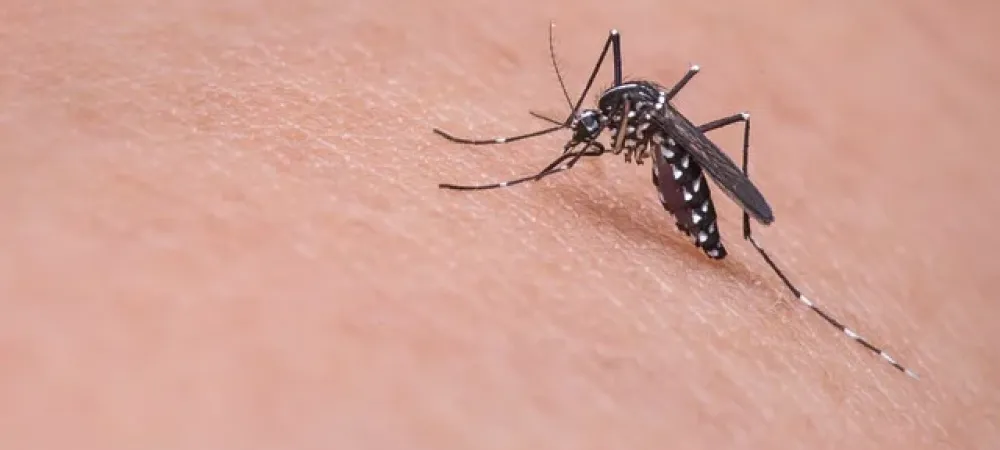Four Places You Might Find a Mosquito Nest

When you think of summer, a lot of things probably come to mind. Barbecues and time outside. Long days with lots of sunlight. Swimming pools. Lake trips. The dreaded high energy bills from long hours of running your air conditioning. However, with all of the outdoor activities comes another staple of summer: mosquito bites. Mosquitos emerge during warm weather every year, seeking out new places to build nests and new food sources. Bites can be incredibly itchy at best, and potentially deadly at worst so it is important to address this problem right away. But how do you address a problem when your property is full of flying bugs that are difficult to locate?
The easiest way to eliminate or reduce your mosquito population is to target mosquito nesting sites. This not only eliminates the mosquitos themselves but their eggs as well. When larvae can’t hatch and grow, the mosquito population eventually dies off, leaving you with greater peace of mind and fewer obnoxious bites. Where should you look for mosquito nests? Here are four common sites.
Standing Water
Mosquitos need a few simple things to survive, and they tend to build their nests in locations that offer nearby access to all of these resources. The first and simplest need is a source of moisture—just about everything needs water to survive, and mosquitos are generally so small that even the smallest amount of current or water movement can wash them away. Therefore, they look for consistent standing water.
That means any areas of ponding on your patio or deck could be something that attracts a mosquito population. The same can be said for any permanently damp soil in your garden, any flooded areas of your lawn, or any small water features that you might have in your garden. Some mosquitos lay their eggs in water while others tend to lay them near the water. In either case, the first place to start your search for nests is near water.
Shaded Areas
Mosquitos need protection from sunlight. While they can and do buzz around during the day, too much sunlight can be fatal to eggs and young larvae, so they tend to make their nests in shady areas. The easiest and most obvious place to build a nest is buried in the leaves of plants, and that means they can often nest in grasses, in flower beds, in overgrown shrubberies, and more. While mosquitos can and do build their nest just about anywhere, they do tend to prefer to build their nests in areas where they won’t be disturbed. This means overgrown areas tend to be a favorite for these flying pests.
Protection from Predators
Mosquitos are a favorite food source for a number of other creatures. Lizards and frogs can crunch down on dozens of mosquitos per day, and they are a delicacy for spiders that weave intricate webs to trap them. Many predators will often move to where mosquitos are, so look for areas that may have higher concentrations of spider populations, mantises, frogs and lizards, and other creatures that might snack on mosquitos throughout the day. This will usually be in areas around ponds or gardens, as they offer other qualities that mosquitos look for in a potential nesting site.
Available Food Sources
Finally, mosquitos need to eat as well to sustain themselves, and as most people know, mosquitos eat blood from mammal hosts. This is one of the reasons why mosquitos tend to live in mass numbers in areas where humans live—plentiful food quantities. While this might explain why they live around homes, this might also explain why they love to build nests in bushes near a doghouse, barn, or other shelters for mammals. These are the areas you should primarily focus your preventative treatments on, as this is one area these pests will gravitate toward. However, also be on the lookout for nests located in bushes or shrubs around the perimeter of your home, particularly if they are well-watered and in soil that is frequently damp.
Protect your home from mosquitos this summer! Learn more about our mosquito treatment and prevention plans at Frame’s Pest Control. Dial (419) 495-8283, or use our online form today to schedule your first appointment.
